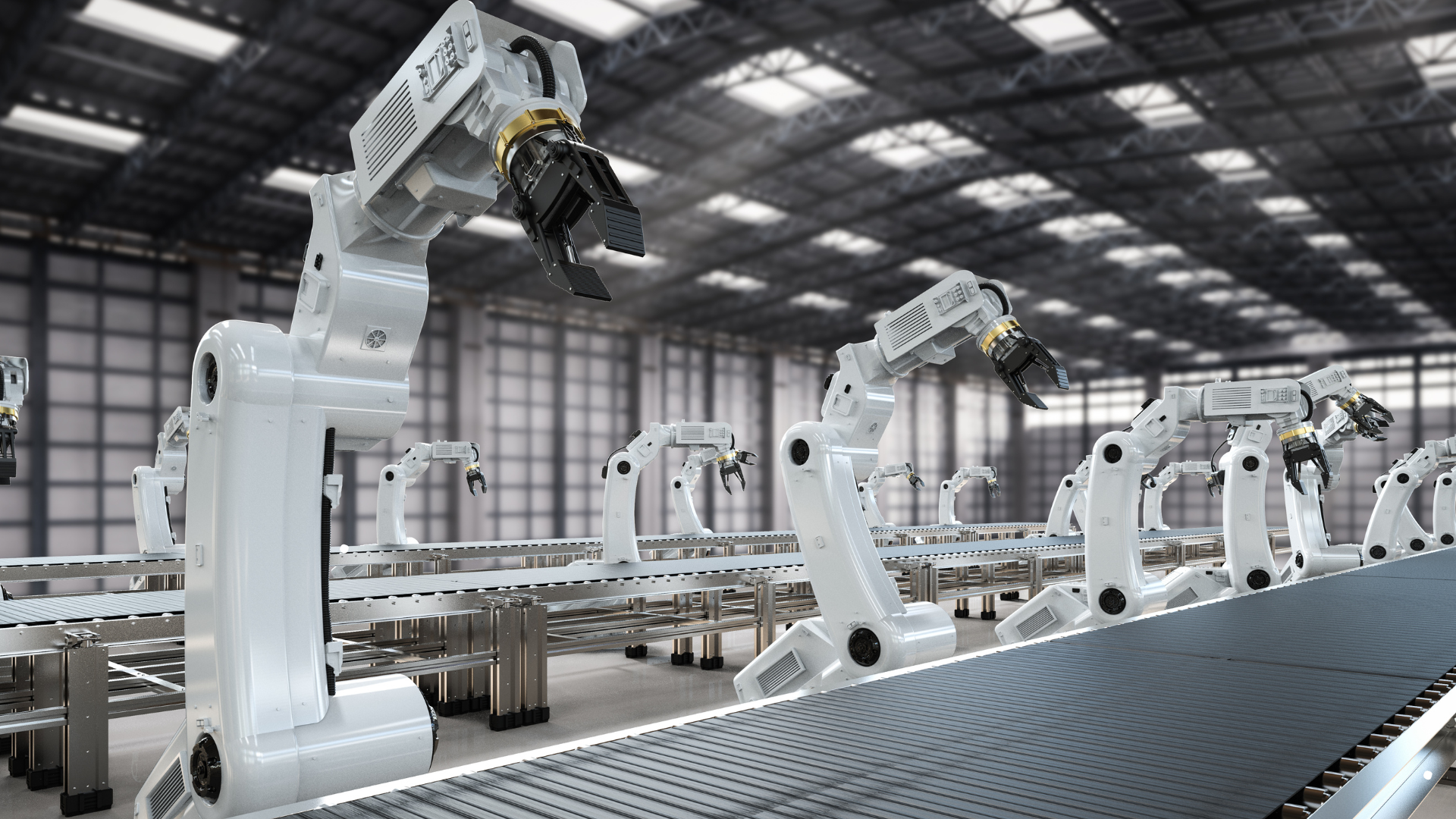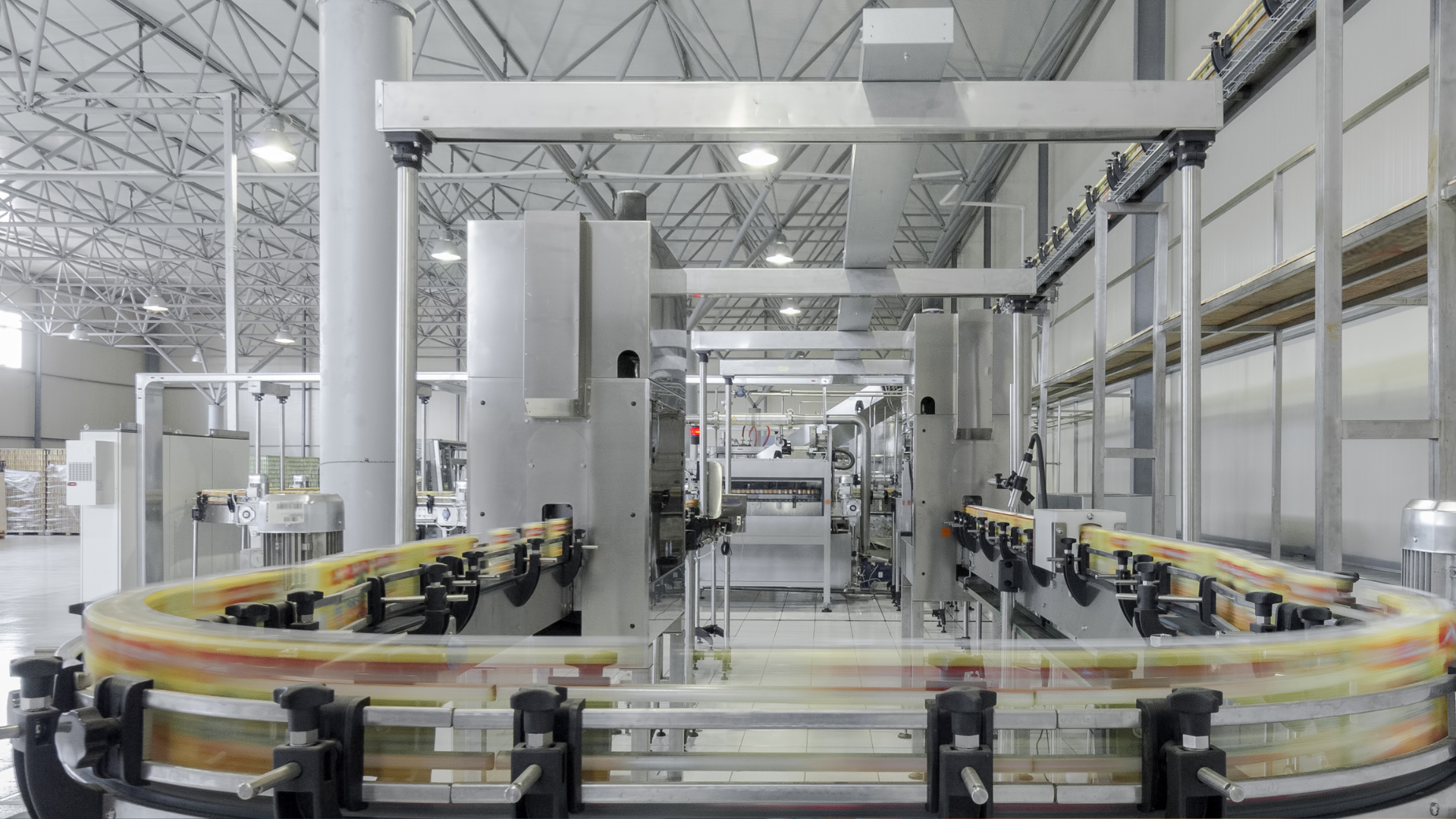SAP Digital Manufacturing (DM)
Digitize manufacturing processes and integrate business systems using a cost-effective, high-quality, and resource-efficient methodology based on Industry 4.0 technology. You can improve operational visibility with near real-time information that increases reliability and product traceability using solutions based on the Internet of Things (IoT).
Multi-Disciplinary (business) process integration
In the context of Industry 4.0, manufacturing execution systems need to deliver true digital transformation toward manufacturing operations management (MOM). As a result, multidisciplinary process integration must be prioritized over horizontal or vertical system integration. In reality, a single unified MES system will be unable to perform this multi-disciplined integration, and simply exchanging data records between systems is insufficient. Today, the components of these systems must be matched up to one another to avoid system gaps and mismatches.
To accomplish this, manufacturing execution systems must look beyond the shop floor to generate valuable information from all available data using big data techniques, artificial intelligence, and machine learning. This SAP Digital Manufacturing capability will make advanced data exchange with ERP systems even more critical than it is now.
Cloud-based MES – SAP Digital Manufacturing
As manufacturing becomes more complex, especially for multinational corporations with global facilities, integrating and connecting operations becomes increasingly difficult. As a result, many businesses are turning to cloud-based MES solutions to ensure that all of their operations, regardless of where they may be located, run smoothly. Cloud connectivity ensures a tight connection between MES, ERP, and other digital supply chain solutions.
DM CAPABILITIES / BENEFITS

Better Accessibility
With increased internet bandwidth and stability that has now become the norm, this has allowed MES to untether itself from having to be physically located at the plant. Ease of access to information also leads to greater utilization of MES, leading to increased employee operational awareness, engagement and KPI target compliance.
Real-time interfaces to synchronize ERP master data, production planning, shop floor control information, inventory management, quality management, plant maintenance, etc. The whole manufacturing process can be monitored and controlled in real-time using SAP DM to optimize resources and production execution.
Cost-Effectiveness
Cloud makes sophisticated MES solutions easily available to smaller and midsized organizations. Companies no longer require an IT staff increase or expensive server hardware hitting CAPEX.
Flexibility and Scalability
MES cloud-based systems can be scaled faster to include multiple plants, and more easily meet the needs of “any-sized” operation by leveraging the developed “best in class” MES from one plant to many plants. This “lift & shift” approach to rolling out MES to multiple plants has significant cost savings and rapid deployment advantages.


Automatic Updates
MES software is constantly updated in the cloud (99.99% Uptime) and provides database administration, monitoring and backups, all automatically without IT intervention.
Improved Security
Unlike on-site MES systems, high-level security for cloud-based MES software is maintained and constantly updated by SAP.
Enhanced Decision-Making
Real-time access to multiple plant performance data leads to better decisions as a result of a larger data set analysis, allowing companies to be more responsive to production needs or changing consumer demand and preferences. More data means better refined AI/ML decision support and prescriptive feedback.
Why Choose RTS Consulting Automation
Trusted leader in MES solutions
30 years of experience helping North American manufacturing companies improve shopfloor performance.
SAP MES – DM FOCUS
Our only focus is shopfloor SAP Digital Manufacturing Execution Solutions – SAP DM.
Сommitment to clients’ success
Our team of experts is dedicated to understanding your unique manufacturing challenges and providing tailored solutions that drive results.

